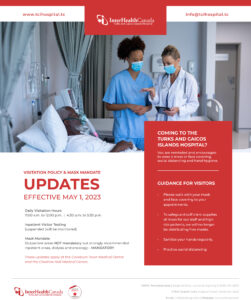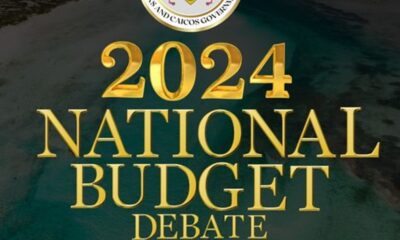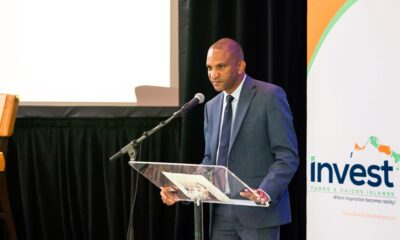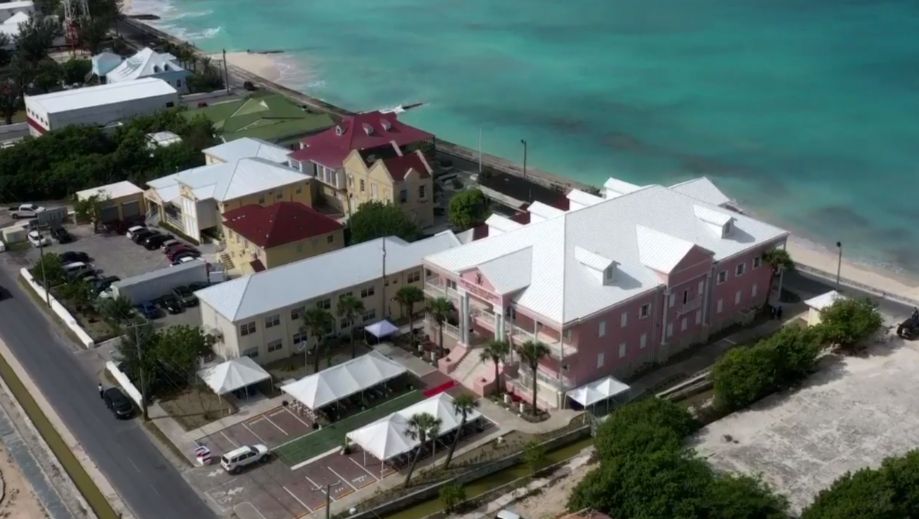Finance
National Budget Debate to begin Tuesday

Caribbean News
RBC appoints new Head of Caribbean Banking
Finance
Largest ever Nat’l Budget to end on $436 million
Crime
Avoid Credit Card Fraud, CIBC makes security changes
-

 News1 week ago
News1 week agoDR man rented Jet Ski nine days ago in Providenciales; where is he now?
-

 Health1 week ago
Health1 week agoDengue cases rising in Region
-

 TCI News4 days ago
TCI News4 days agoExperience Turks and Caicos and Ministry of Tourism explore development of Cruise industry at Seatrade Global Cruise Conference
-

 Caribbean News6 days ago
Caribbean News6 days agoCARICOM pushes need for Reparations Tribunal at Forum in Geneva
-

 Education6 days ago
Education6 days agoCampus Brawl at Clement Howell High sends students to Hospital
-

 Caribbean News1 week ago
Caribbean News1 week agoCARICOM, UN applauds published decree establishing Haiti’s Transitional Government
-

 Caribbean News6 days ago
Caribbean News6 days agoCARICOM sends warning as Oil prices creep higher in the Israel v Iran conflict; 14 regional states import energy
-

 News1 week ago
News1 week agoAshley’s Learning Center Wraps Up Successful 7th Annual Autism Awareness Concert: “The Future is Bright”





















